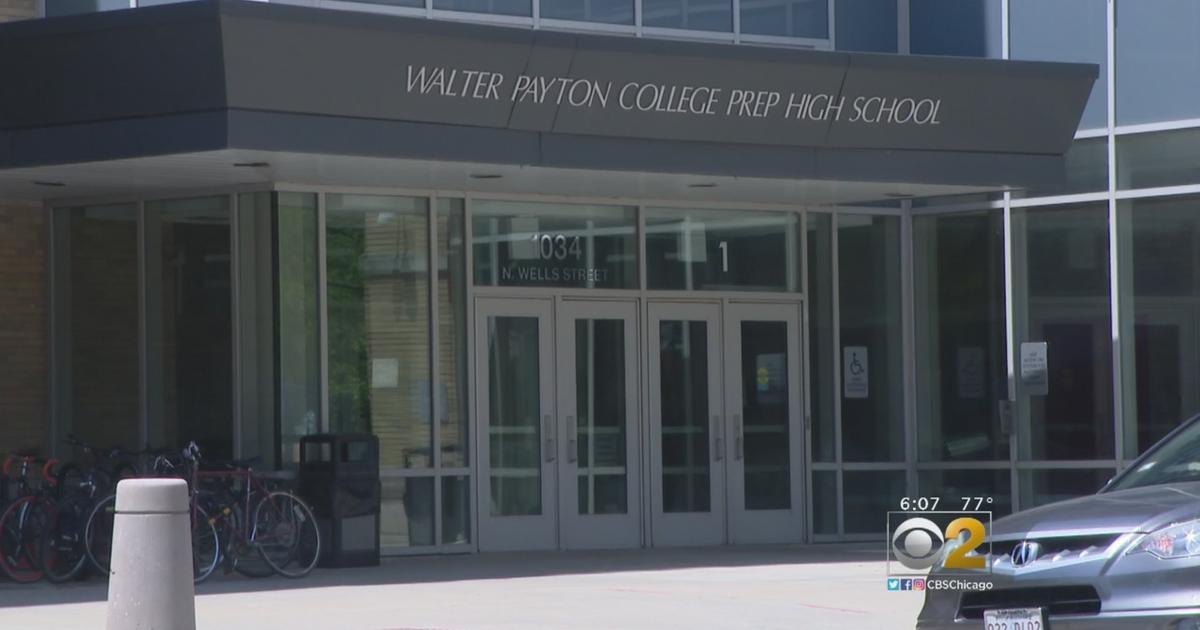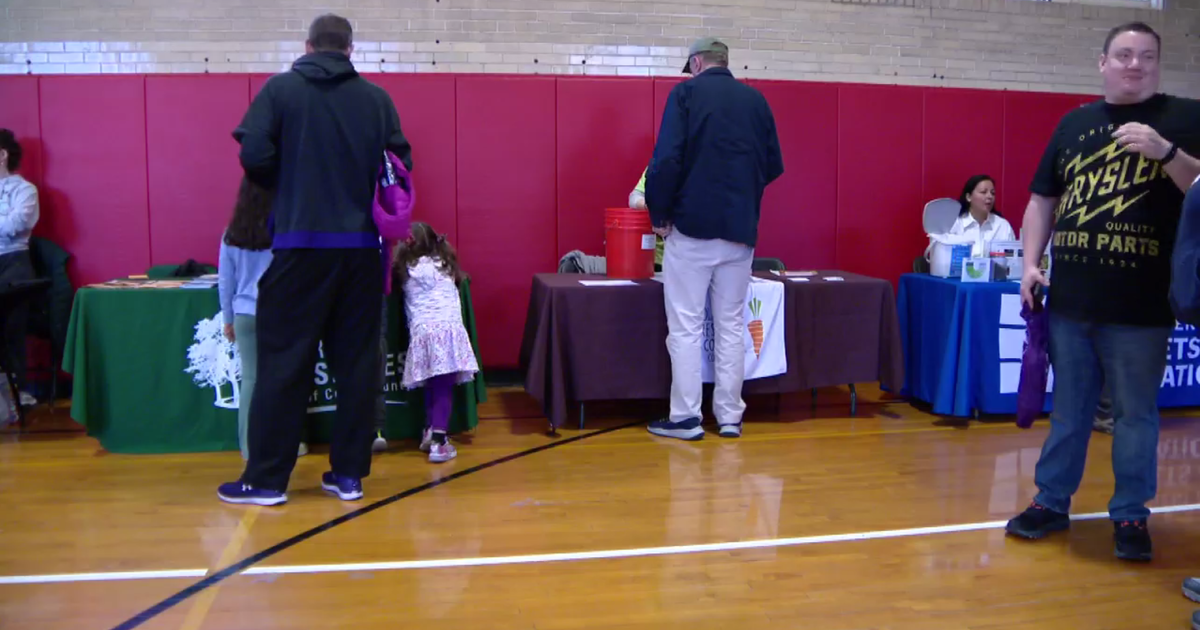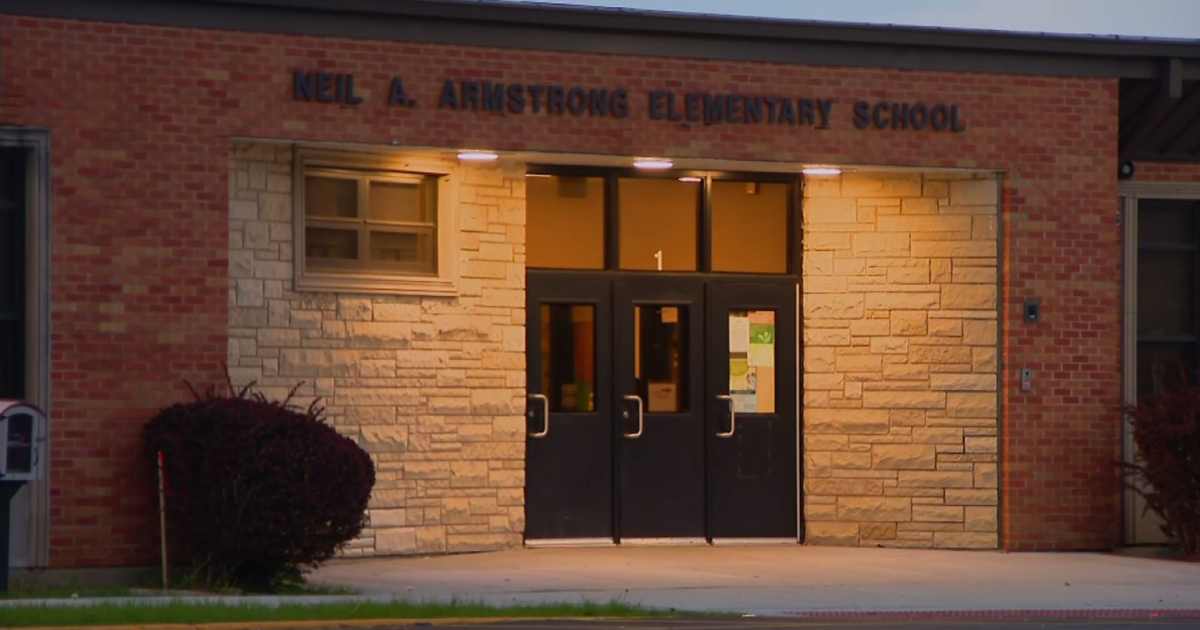House OKs Proposal To Require School Buses For Safe Passage Routes
SPRINGFIELD, Ill. (CBS) -- The Illinois House has approved legislation that would require the Chicago Public Schools to provide school buses for all students who use Safe Passage routes to get to school.
CPS officials tried to block the proposal, saying it would cost the district more than $60 million a year.
The district said the legislation would mean providing school buses for 53,000 more students than it currently buses – and 1,800 more bus runs a day.
CPS spokesman Joel hood called the measure "a misguided and overreaching attempt to dismantle CPS' popular and successful Safe Passage program."
State Rep. May Flowers (D-Chicago), the chief sponsor, said CPS should have the money for the buses after closing dozens of schools last year.
The Chicago Public Schools launched the Safe Passage program in 2010 at nearly two-dozen high schools in high-risk communities. The program was significantly expanded a year ago, after CPS closed nearly 50 elementary schools, so kids had a safe route to their new schools. Safe Passage routes are staffed by trained workers and volunteers in yellow vests, as well as Chicago police officers and other city workers.
The district said, if enacted into law, the legislation would eliminate 1,200 jobs for current Safe Passage workers.
However, the House overwhelmingly approved the legislation on Thursday, by a 73-39 vote – largely along party lines – with only eight Republicans voting for the bill, including the lone Chicago Republican in the House, Rep. Mike McAuliffe. Three Democrats voting against it -- all three from suburban districts.
Some downstate and suburban legislators were among those opposing the bill, expressing concern it would take money away from their school busing programs.
The legislation now goes to the Illinois Senate for consideration.



